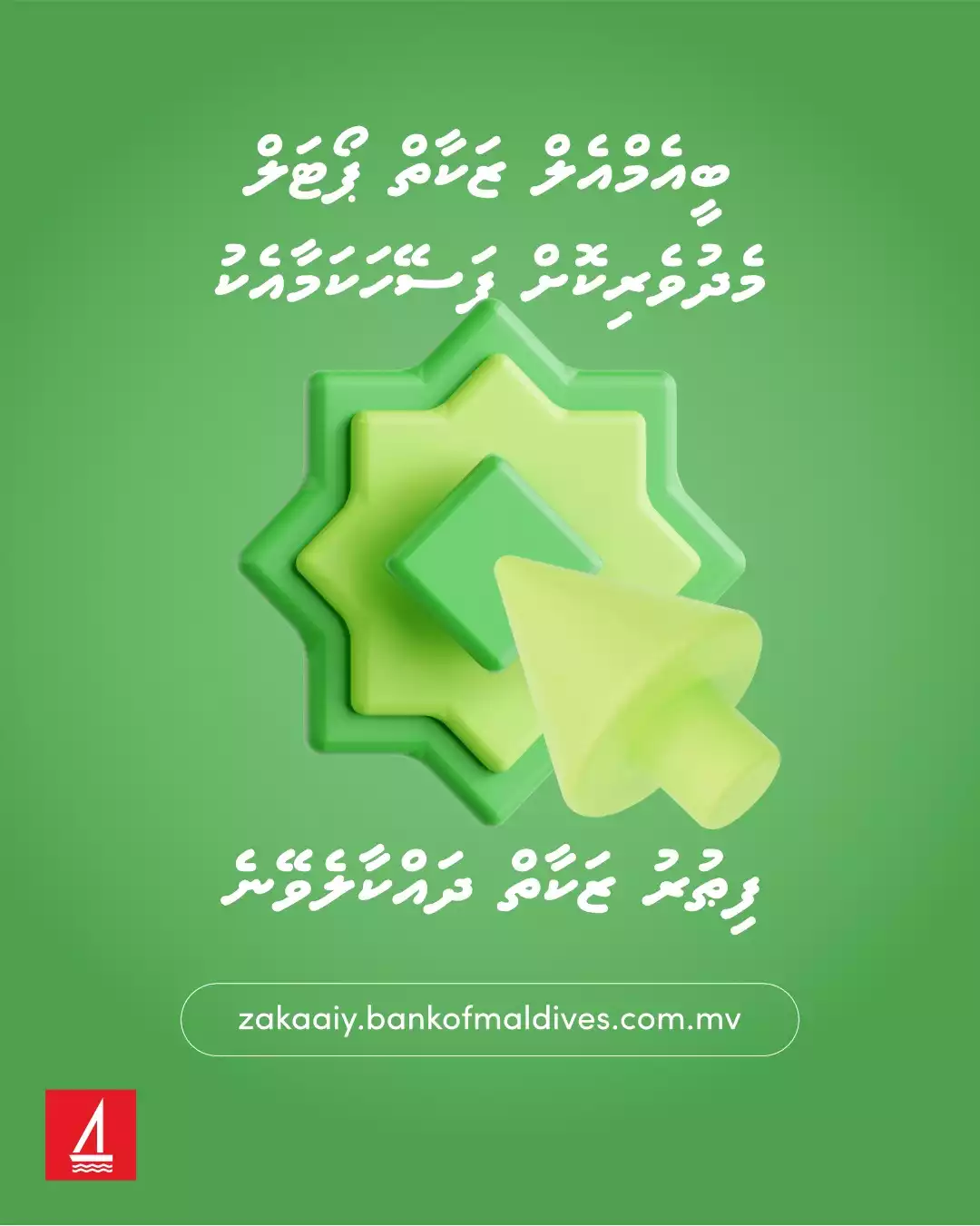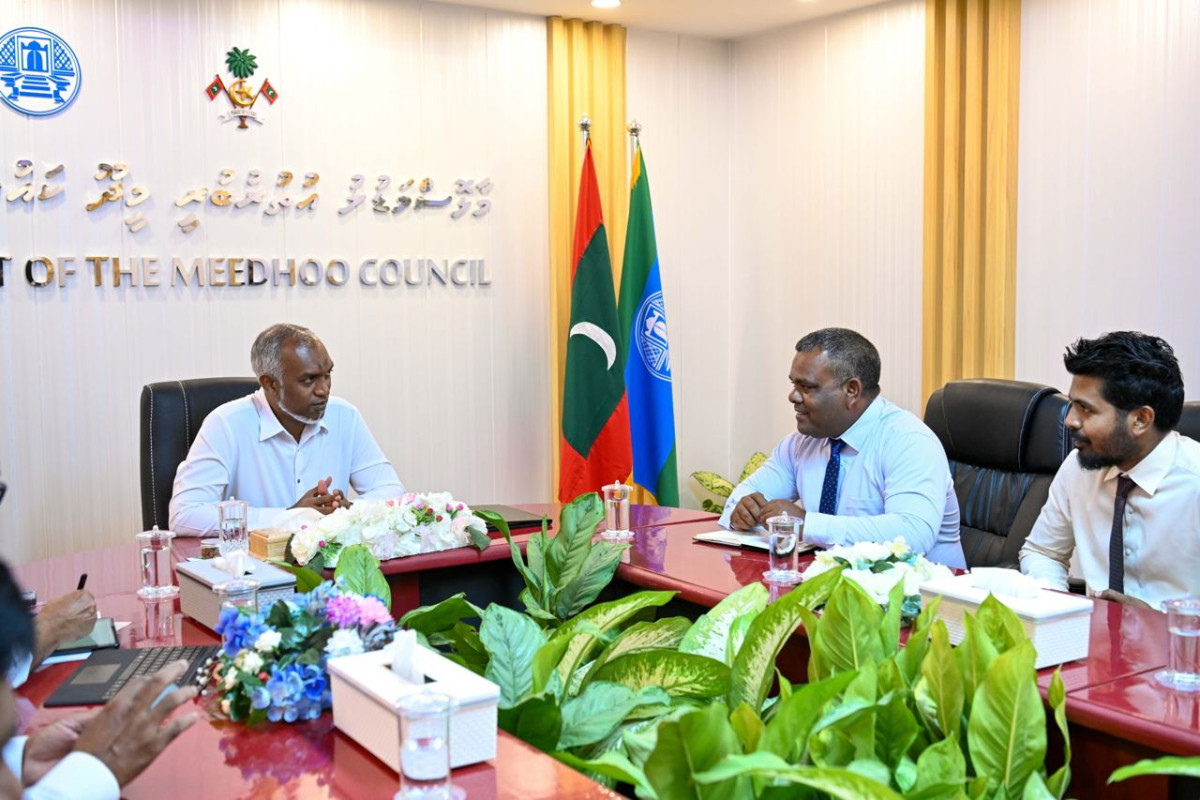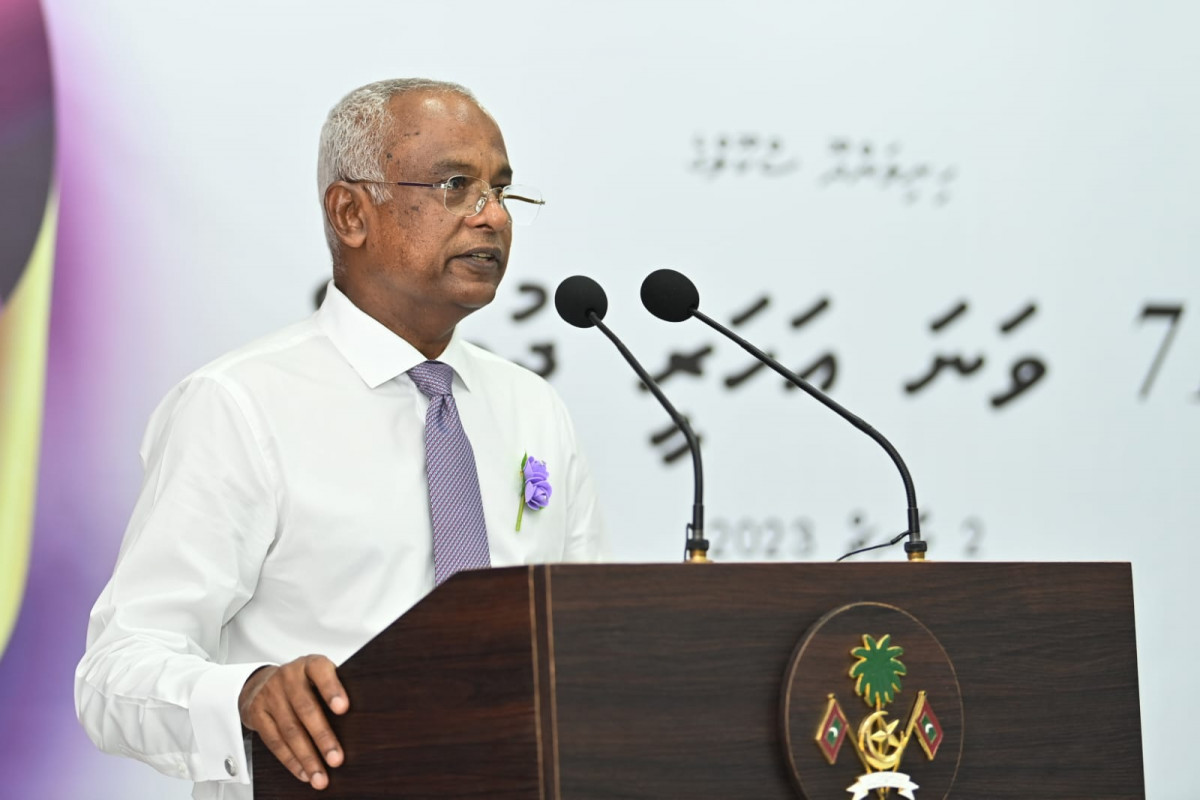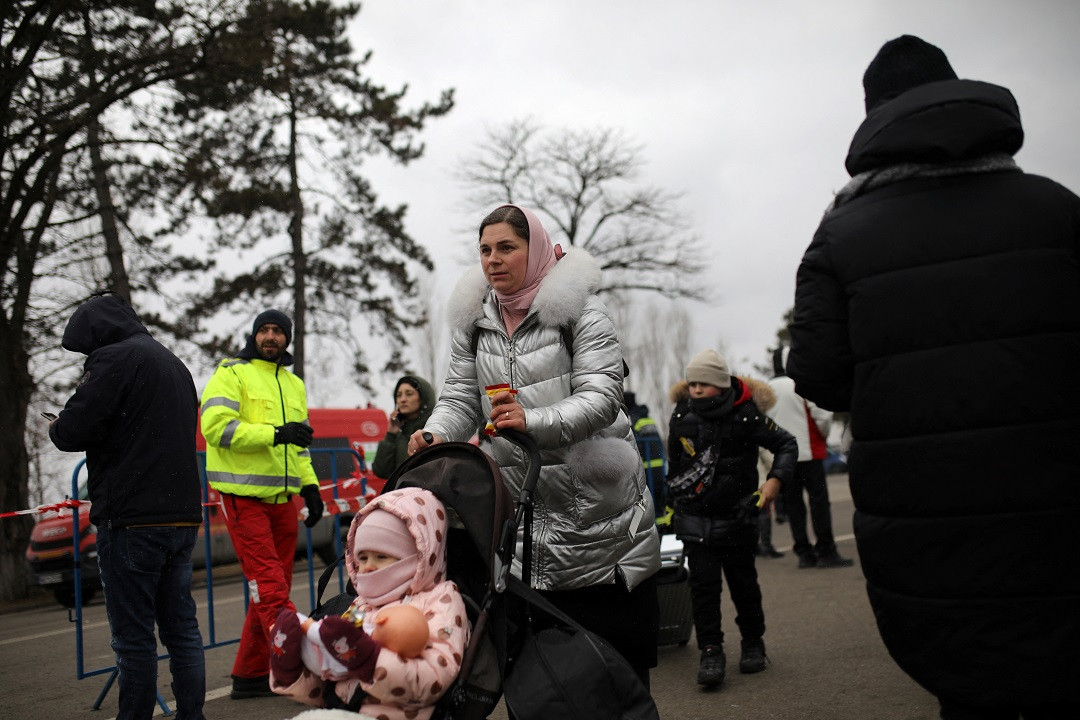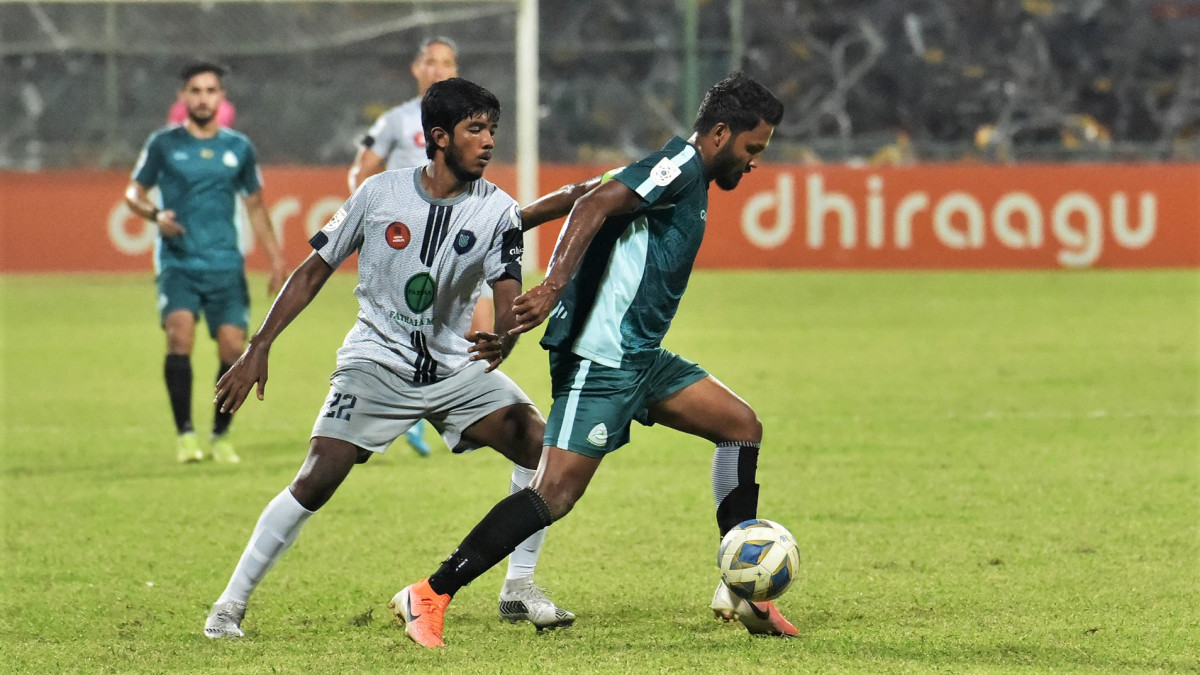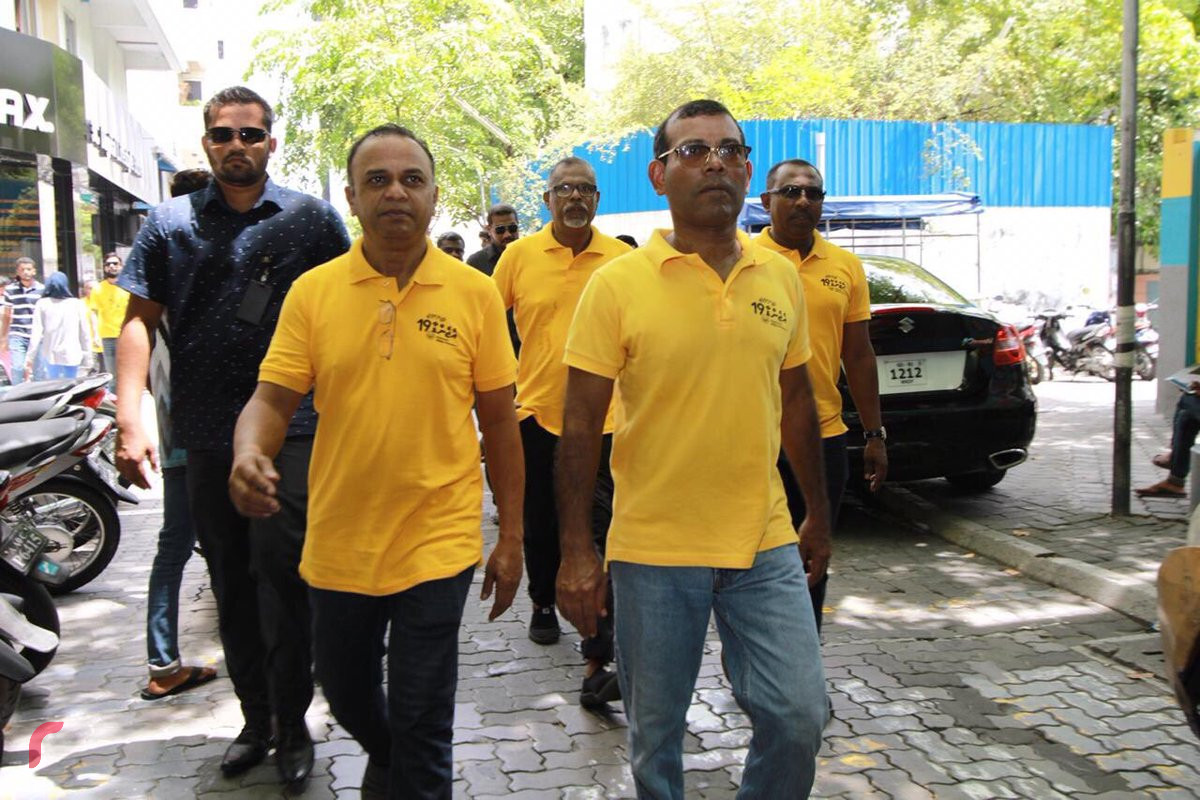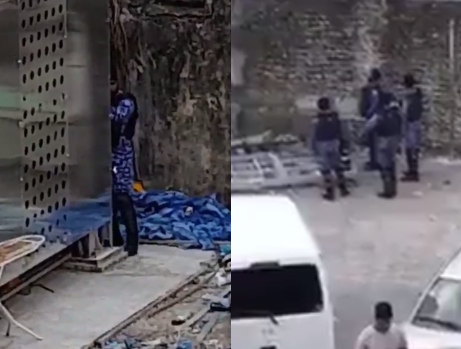No response from police or PG on Falah’s threat against journalists
Falah accused certain media outlets of spreading false information about him

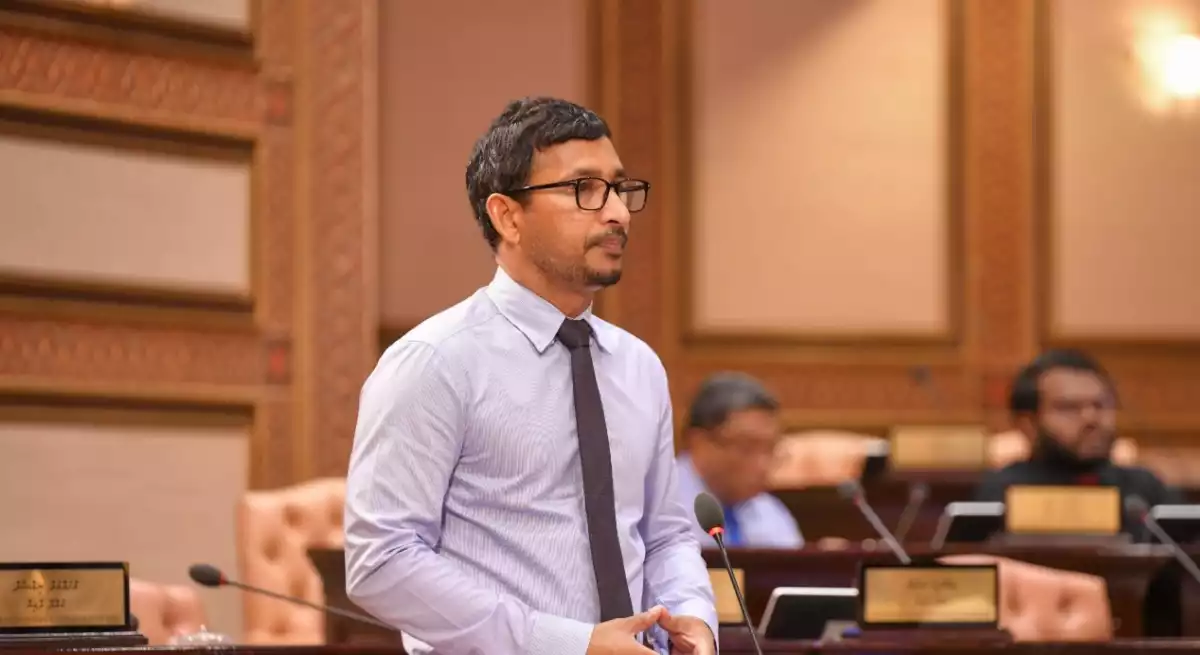
Falah has come under fire for inciting violence against journalists.
The Maldives Police Service (MPS) and the Prosecutor General’s Office (PG Office) have remained silent regarding the alarming incident in which Ibrahim Falah, leader of the main ruling People’s National Congress (PNC)’s Parliamentary Group and MP for Inguraidhoo constituency, openly called for the killing of journalists during a parliamentary sitting on 27 August 2025. The threat came amid debate over a legislation aimed at dismantling independent media.
During the Majlis sitting, Falah accused certain media outlets of spreading false information about him, asserting that media personnel involved in such actions deserved to be killed. He did not specify which outlets he was referring to, further deepening concerns about the targeting of journalists.
Falah invoked a brutal method of torture and execution historically practiced, a phrase that carries violent, chilling connotations. In his speech, Falah suggested that this method “needs to be done” to journalists, instead of jailing them. Many interpret this as a call for the execution of journalists.
The statement sparked widespread outrage and demands for an official investigation. Despite mounting criticism, no substantial response or clarification has been provided by either Falah or government authorities.
The police institution revealed that they submitted a request for legal advice to the PG Office on 28 August 2025, concerning a complaint filed by the Maldives Journalists Association (MJA) related to Falah’s threatening remarks made on the parliamentary floor. Since then, however, there has been no clear update or indication that any action has been taken.
Repeated inquiries by media outlets, including RaajjeMV, seeking updates from both the police and the PG Office between September 15 and 17, have been met with vague assurances but no concrete information. Calls to the PG’s office have gone unanswered since mid-September.
The absence of transparency and accountability in response to Falah’s explicit threat against media workers raises serious questions about the willingness of law enforcement and legal authorities to protect journalists and uphold freedom of expression in the Maldives. This silence, particularly in the face of threats from a high-ranking government official, undermines public trust and signals a disturbing tolerance for intimidation tactics aimed at silencing critical voices.
